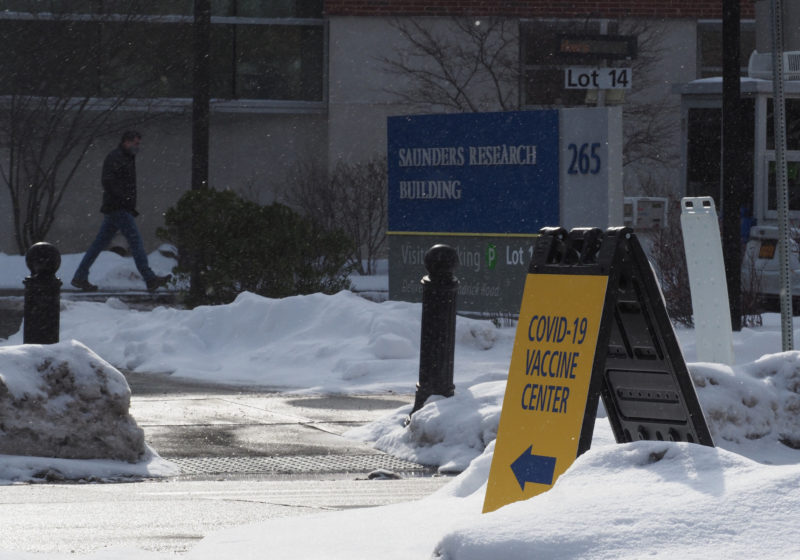The vaccine might be free, but money can certainly get it to you faster.
Last month, an internal URMC communication strongly implied that major financial donors were to be offered a fast pass to the COVID-19 vaccine.
The author of the email, Senior Associate Vice President for Medical Advancement Kellie Anderson, told staff that some donors had asked to skip the line and that requests from those eligible in accordance with state guidelines would be considered.
A few days after the email was leaked, University President Sarah Mangelsdorf and Dr. Mark Taubman, Dean of the School of Medicine and Dentistry, issued a response. They apologized for 26 people — some major donors, some board members — who were given registration information for two vaccination clinics held on Jan. 14 and 15. All 26 individuals were eligible for the vaccine according to state guidelines, but ineligible for this employees-only clinic, potentially stealing spots from frontline workers.
We acknowledge that UR is a business bound to the same occasionally nepotistic and self-serving procedures by which all other organizations are forced to run. They’re not unique in this specific practice, either; a Seattle hospital gave the same kind of fast-track treatment to 110 of their favorite donors last week.
26 vaccines is admittedly insignificant compared to the tens of thousands of employees, frontline workers, and elderly people who got their first dose at UR Medicine.
This situation is significant because it’s the one we caught. Where else are administrators pulling strings to serve the business side of UR while talking a big game about fairness?
Nepotism is unavoidable, and no individual can be faulted for helping out someone with whom they feel a connection. But when we institutionalize nepotism to maintain those connections between certain financial statuses, fraternity members, or legacy admissions, we only entrench ourselves further in inequality.
Whether the majority of University leadership knew or not, internal emails and public apologies like this turn University values of integrity and equity into lip service. This doesn’t just affect the reputation of upper-level officials at URMC, but also the health workers saving lives there.
These sorts of failures are also fodder for vaccine skeptics; two of the biggest reasons for vaccine hesitancy hinge on beliefs that the healthcare industry is motivated by greed more than health, which subsequently perpetuates inequality.
Debacles like this erode faith in public health guidelines among the University community. The primary goal of the vaccine rollout is to prioritize those with the greatest need from a public health perspective. Secretly prioritizing the well-connected within the eligible group undermines the legitimacy of all UR policies moving forward.
The vaccine can bring our community together and offer us hope, or it can tear us apart. It’s up to health officials like those at UR Medicine to get us out of this health crisis — and the resulting social crises that come with it.
The Editorial Board is a weekly Opinions article representing the view of the Campus Times, co-written by Editor-in-Chief Hailie Higgins, Publisher Ethan Busch, Managing Editors Corey Miller-Williams and Olivia Alger, Special Projects Editor Micah Greenberg, and Opinions Editor Lucy Farnham.




